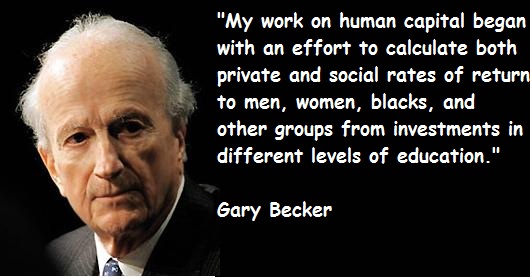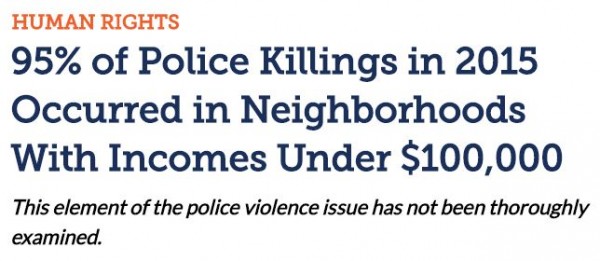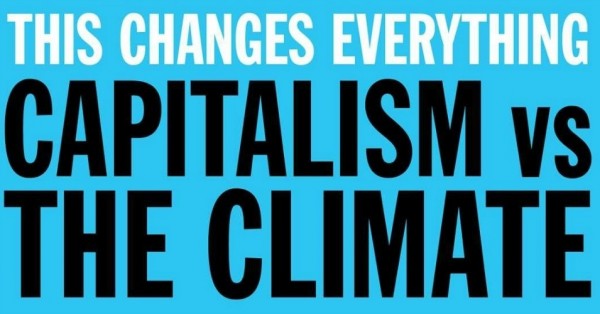
More Neoliberal Art History: Pamela Lee’s Mid-Century Modern
That individual experience is what is at stake in an analysis like Lee’s and in projects like the Multinode Metagame and the Opsroom installation means that they are always different, always changing, always occasioning new “meanings.” This is the polysemic, and the polysemic is not the opposition, but the alibi of neoliberalism. It provides cover for exploitation, the glitter of a thousand stars to transfix the thousands of victims while their pockets are being picked.











